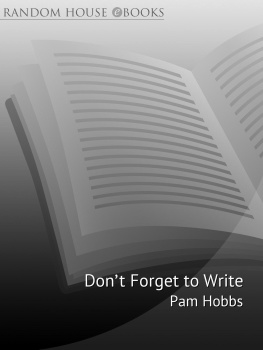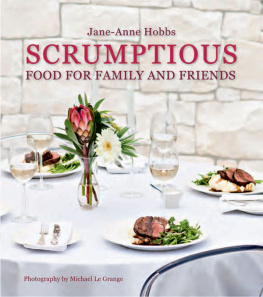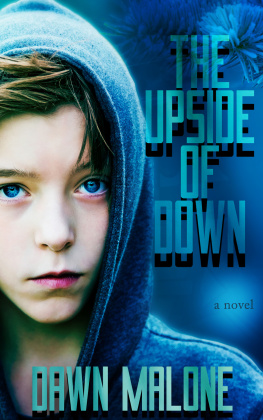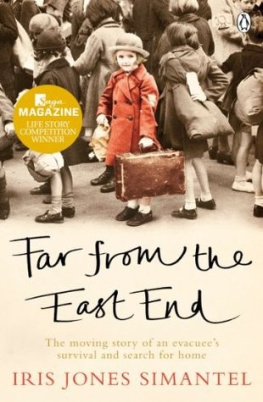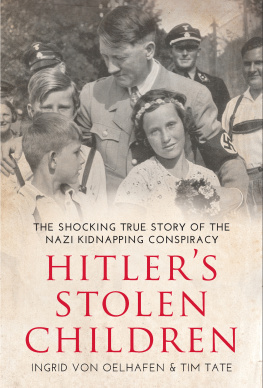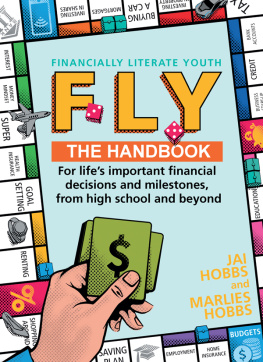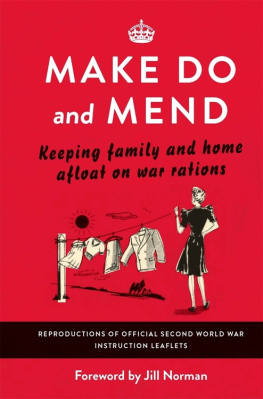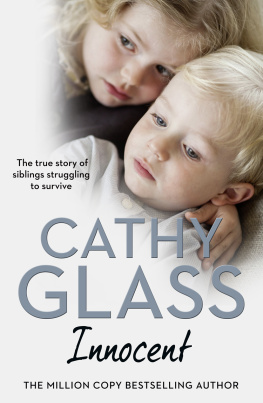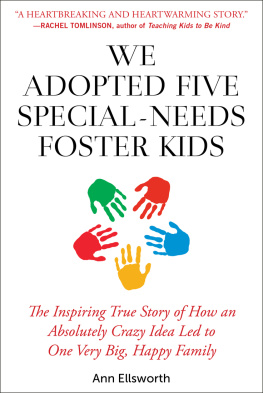Contents
About the Book
In June 1940, ten-year-old Pam Hobbs took the long journey from her council home in Leigh-on-Sea to faraway rural Derbyshire.
In some foster homes Pam found a second family, with babies to look after, car rides and picnics. But other billets took a more sinister turn, as the adults found it easy to exploit the children in their care.
Returning home, the war was far from over. Making do with rations, dodging bombs and helping with the war effort, Pam and her family struggled to get by.
In Dont Forget to Write, Pam describes a time that was full of overwhelming hardship and devastation; yet also of kindness and humour, resilience and courage.
About the Author
Pam Hobbs has lived in Canada for most of her adult life. She is an award-winning writer published in numerous magazines and newspapers, and has written or co-authored six travel-related books. She is a long-time member of the Society of American Travel Writers Canadian chapter. Pam and her husband Michael live in Toronto. They have three daughters and four perfect grandchildren.
For Michael, whose love and encouragement make all things possible
Prologue
IN JUNE 1940 , on a Friday afternoon, my sister Iris came home with a letter that changed my life. It informed us that schools on our part of Englands south-east coast would be closed, and their pupils evacuated to safer areas. Ten months earlier, at the outset of war between Britain and Germany, some one and a half million children from major cities had been evacuated. Now it was our turn, because we lived just sixty miles from German-occupied France, and an enemy invasion appeared imminent. Iris was eleven; I was ten.
On the following Sunday morning, the letter said, children were to assemble in their classes, wearing name tags, and carrying a small case apiece containing a change of clothes. Few families on our council estate owned suitcases, so most had brown paper carrier bags or pillowcases. We, and some others from Kent Avenue, put our worldly belongings in burlap sandbags provided by my father, who had been using them to reinforce buildings along the seafront.
I wanted my mother to come with us to the school, but she said it would be too hard. Instead, we kissed goodbye at the garden gate, and my father walked with us. Joined by neighbours along the way, ours was a small army of children some as young as five years with sandbags slung over our shoulders. At the school, Dad told us to be sure to stick together. Then, hurriedly wiping his eyes, he turned and was lost in the crowd. It was two eventful years before I saw him again.
I dont know of a parent today who would send their child to live with strangers, selected not for their suitability but because they had a spare bed. But, this was seventy years ago. Urged on by posters and pamphlets, our parents were convinced they were sending us out of harms way.
Buses shuttled us between our school and the nearest major railway station, where we boarded trains heading north. Then, from various stops in Derbyshire, coaches took us in small groups to outlying communities. In a village called Charbury, fifteen or twenty of us lined up in its one-room school for prospective foster parents to pick us over, much as they would select fruit at the market. Pretty little girls and strong boys were the first to be chosen. Iris and I were neither.
During my two years as an evacuee, I stayed in four different homes, throughout central England. Some of my pretend parents loved me as if I was their own. One couple showed me what it was like to feel unwanted, to live with hostility and complete indifference to my welfare, and to be hungry.
With the threat of invasion over, in June 1942 I returned home to Essex. But the battle was far from over. As the rest of our family worked towards winning the war, it was left to my mother and me to keep things going on the home front. This meant queues, queues and more queues. Critical food shortages had us experimenting with nettle tea, and meatless stews. And lets not forget the ubiquitous Spam, which we disguised in more ways than Id have thought possible. Night after night we slept in our garden shelter. We endured regular bombs and incendiaries, and ack-ack guns outside our house. And then, just when we thought it was all over, we were introduced to doodlebugs and V2 rockets.
The pealing of church bells on 7 May 1945 heralded Victory in Europe; Japan surrendered three months later. In England we had little to show for it. Serious shortages of food, coal and housing continued for years. And with peace came the unwelcome realisation that our lives would never be the same again. For my part I had grown strong and independent. I developed a deep appreciation for the English countryside and a passion for writing that stemmed from the long descriptive letters I sent home. Once I was home I experienced an inherent restlessness that couldnt be stilled, and itchy feet that have taken me far.
This is the story of one childs war. My war, as I remember it.
Note: Some names have been changed.
PART I
Evacuation
CHAPTER ONE
No Peace in Our Time
JUST AS ALL of us know where we were on 9/11, and when John F. Kennedy was assassinated, so everyone who was in Britain on 3 September 1939 can remember exactly what they were doing on that fateful day when the Second World War was declared. We were a family of nine: seven girls and our parents, Ede and Jack Hobbs, living on Englands south-east coast.
Located on the Thames Estuary, bordered with thick black Essex mud, Leigh-on-Sea was a tiny fishing village when my mother moved there with her two young daughters during the First World War. Soon the village was to expand up the hill and inland, where post-war council housing estates grew on former orchards and dairy farms to provide rental homes for working-class tenants.
Streets on our particular estate were fancifully named after English counties, to give the impression of meadows and open spaces and wild flowers growing in abundance. We had Sussex and Surrey, Norfolk and Suffolk, whose houses in truth resembled dreary army barracks in orderly straight lines. On Kent Avenue, at number 19, this Sunday morning saw seven of us, and our cat Clarabelle, huddled around the wireless in our tiny front room. Nine years old at the time, I was the youngest. My eldest sister, Edie, in her early twenties, was married and living at Stanford-Le-Hope, Essex. Another sister, Kath, was with her husband in their London home.
Although I didnt appreciate the full impact of this broadcast scheduled for eleven oclock, I understood its seriousness. As we did when the King spoke on Christmas Day, now we sat in respectful silence. Dad had come in from the garden, leaving his wellies on the back porch shirt sleeves rolled to his elbows because it was a hot day, his tweed trousers held up by both belt and braces, and his worn chequered cap clenched between soiled hands. Mum, short and comfortably plump, her face flushed from the heat of the kitchen where she had already started on our roast beef lunch, sat with hands crossed above her lap. There, Clarabelle, her jet-black cat with cabbage-green eyes, tried to relax, but sensing the tension kept turning in circles a precarious feat in so limited a space.
Prime Minister Neville Chamberlain began his momentous speech, his voice tinny as it percolated through our cheap wireless.
This morning, he said, the British Ambassador in Berlin handed the German Government a final note stating that unless we heard from them by eleven oclock that they were prepared at once to withdraw their troops from Poland, a state of war would exist between us.
Next page
